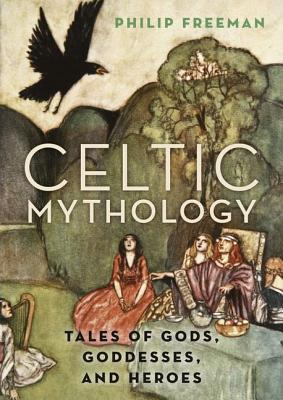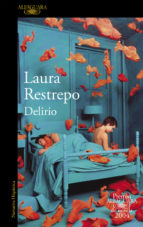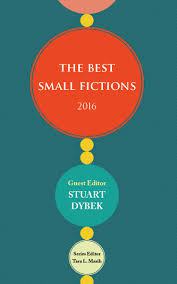Title: Celtic Mythology – Tales of the Gods, Goddesses, and Heroes
Author: Philip Freeman
Publisher: Oxford University Press
Published: 2017
ISBN: 978-0-19-046047-1
Pages: 272 including Notes, Bibliography and Index
Synopsis: Most people have heard of the Celts–the elusive, ancient tribal people who resided in present-day England, Ireland, Scotland and France. Paradoxically characterised as both barbaric and innocent, the Celts appeal to the modern world as a symbol of a bygone era, a world destroyed by the ambition of empire and the spread of Christianity throughout Western Europe. Despite the pervasive cultural and literary influence of the Celts, shockingly little is known of their way of life and beliefs, because very few records of their stories exist. In this book, for the first time, Philip Freeman brings together the best stories of Celtic mythology.
Everyone today knows about the gods and heroes of the ancient Greeks, such as Zeus, Hera, and Hercules, but how many people have heard of the Gaulish god Lugus or the magical Welsh queen Rhiannon or the great Irish warrior Cu Chulainn? We still thrill to the story of the Trojan War, but the epic battles of the Irish Tain Bo Cuailgne are known only to a few. And yet those who have read the stories of Celtic myth and legend – among them writers like J. R. R. Tolkien and C. S. Lewis – have been deeply moved and influenced by these amazing tales, for there is nothing in the world quite like them. In these stories a mysterious and invisible realm of gods and spirits exists alongside and sometimes crosses over into our own human world; fierce women warriors battle with kings and heroes, and even the rules of time and space can be suspended. Captured in vivid prose these shadowy figures-gods, goddesses, and heroes – come to life for the modern reader.

Review: I was really excited to get this book. I know Philip Freeman’s work and it usually very scholarly. This book…tried. I’m not going to discuss the simplification of the myths through retelling them. I knew this book will include the retelling of the myths, but I also expected a little about the history of the books the myths were found in or at least an introduction of how and why these books came into being. There was none of that. Even the little bit of history that he included about the Celts seemed to be a bit one-sided in that he mostly quoted Caesar.
This book, however, is a good place for people who want to read the myths in a simplified and easy form. They can be a good way to understand the myths before reading them in their longer forms…and that is about it.
Advertisements Share this:





